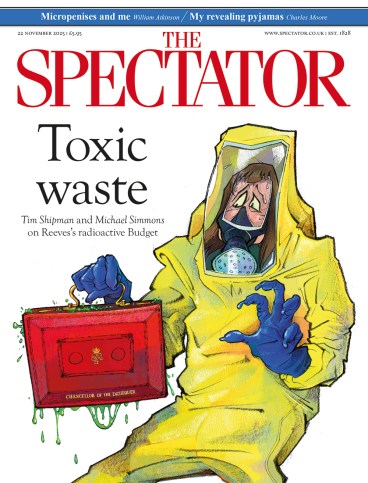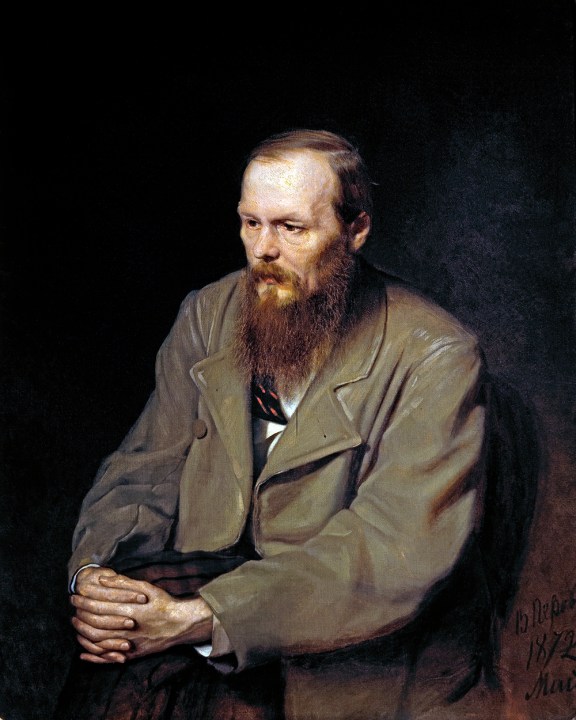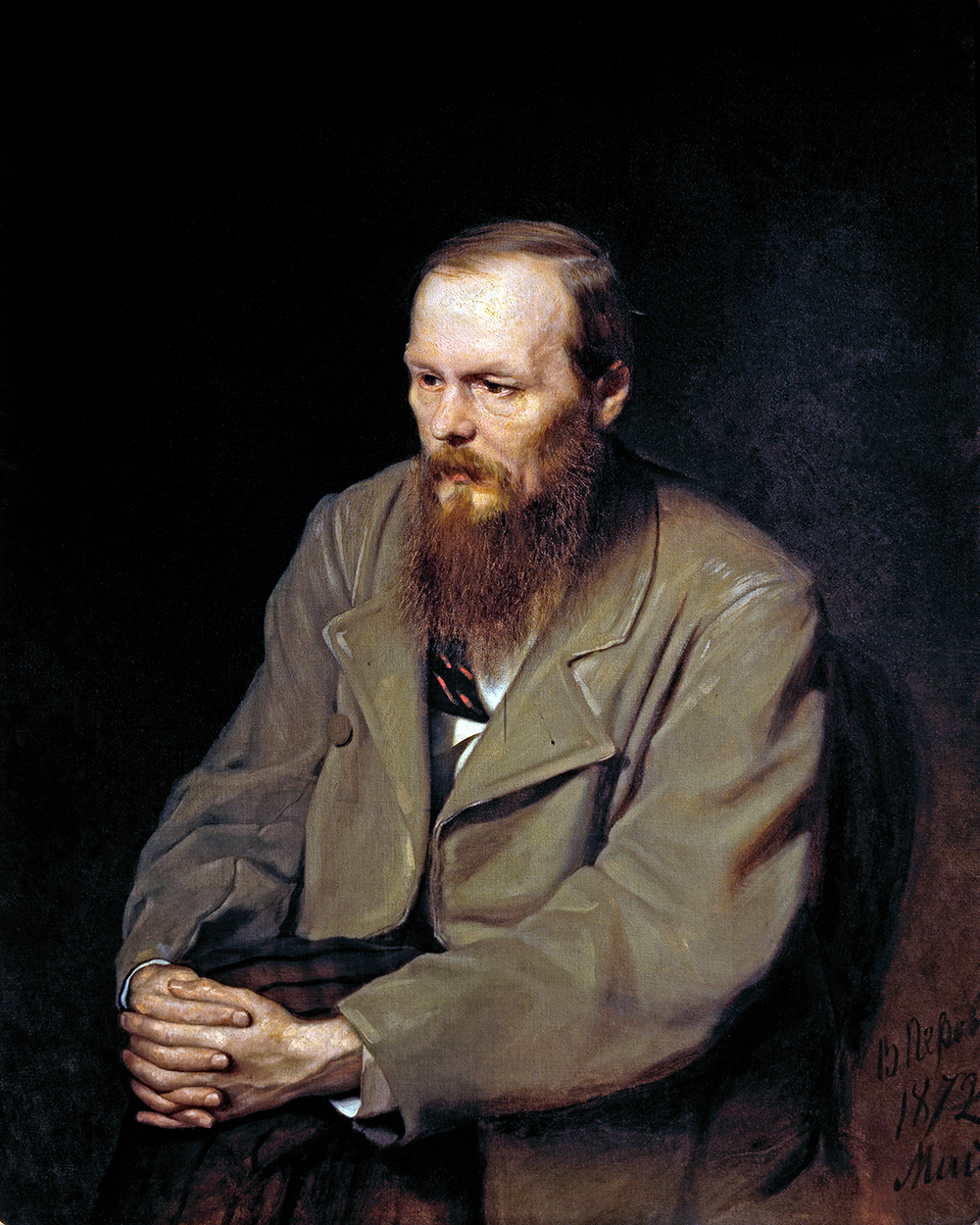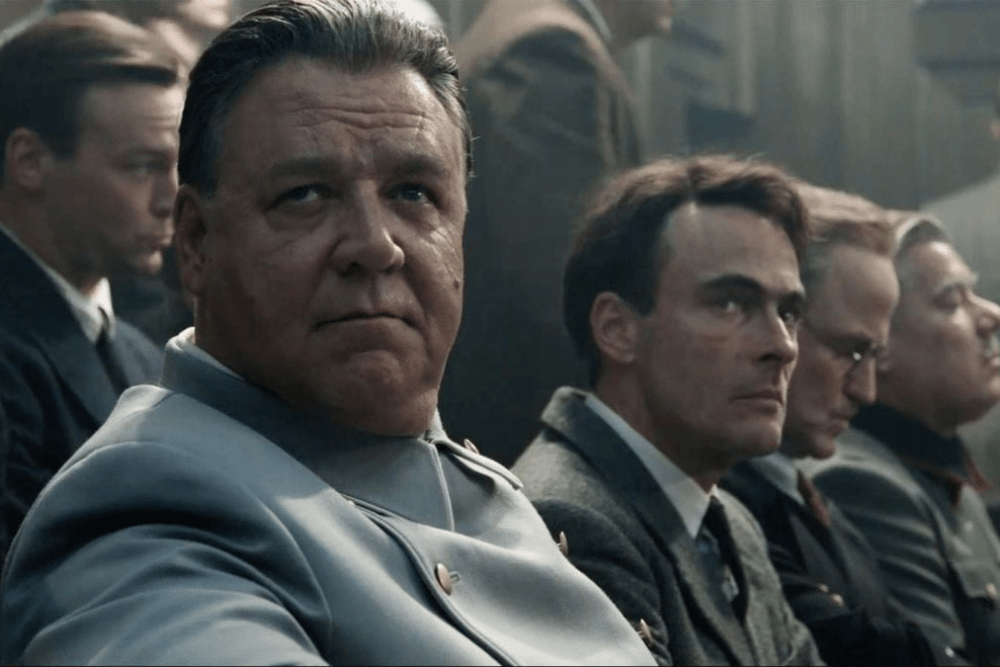
Cross channel
Sir: As a supporter of the BBC, it pains me to say that Rod Liddle and Lara Brown both made excellent points in their articles (‘Agony Auntie’ and ‘Pushing it’, 15 November). It strikes me that the BBC could help itself by appointing journalists to the key BBC News roles who are not also seen as being campaigners. Contrast the consummate professionalism of Hugh Pym, the health editor, with the hyperbole of Justin Rowlatt, the climate editor, who gleefully predicts doom every time there’s a storm. It would be interesting to see what would happen if they swapped roles.
Mark Hiseman
Maidstone, Kent
Tuned out
Sir: Having read Rod Liddle’s article, I can find no solution offered as to how to fix the BBC’s many problems – not least its left-leaning bias. However there are many other organisations that are similarly biased. The civil service, the National Trust, doctors’ unions and, most important of all, the teaching unions. Nothing can change in our society until the school curriculum teaches history accurately, as it happened, and not as the left would wish it to be.
Jim Bell
Hay-on-Wye, Hereford
Magnificent churches
Sir: One aspect of our heritage not sufficiently emphasised is the future of our historic churches (Arts, 15 November). They account for nearly half of our most important historic buildings and in Britain it is local congregations and volunteers who must find the money to look after them. Evidence of a looming crisis is abundant for anyone who cares to look. The Church of Scotland is busy closing 30 to 40 per cent of its churches. Something similar is happening in the Church in Wales, while Historic England has just added 57 churches to its heritage at risk register, bringing the total to 976.
Churches are the fastest-growing category of heritage at risk. We need an emphatic response to this crisis from national institutions and local ones. Government in particular needs to show that it understands the role these buildings play in our history and identity.
Past governments have taken positive action, but this government has just imposed more burdens on historic churches by capping the amount of VAT they can reclaim on repairs at £25,000, a huge blow for many communities. We call on the government to remove the cap and make the VAT refund scheme permanent as a first step in helping to protect these magnificent buildings.
Sir Philip Rutnam
Chair, National Churches Trust
Stand down
Sir: Allan Mallinson’s excellent piece makes for a depressing read when highlighting how far the army has fallen, and how in thrall it is to the diversity, equity and inclusion (DEI) mantras of our times (‘Spent force’, 15 November). We have had a succession of senior officers in the army who have been supine in the face of the DEI onslaught and in many cases have encouraged it, no doubt believing themselves to be progressive. The net result is an army that has changed beyond recognition to that of even 15 years ago.
Brigadier Mallinson quoted some of Pete Hegseth’s speech to the gathering of US generals and admirals. Perhaps this quote from the same speech can be taken up by CGS and the Army Board: ‘No more identity months, DEI offices, dudes in dresses. No more climate change worship. No more division, distraction or gender delusions. No more debris. As I’ve said before and will say again, we are done with that shit. I’ve made it my mission to uproot the obvious distractions that made us less capable and less lethal.’ All of the servicemen and women I know would welcome such an approach. They too are done with this shit.
Martyn Thomas
Raglan, Monmouthshire
Big Dope
Sir: Ryan Shorthouse (Letters, 15 November) argues that the sale of marijuana should be controlled by corporations, rather than by criminal gangs. How extraordinarily foolish. Imagine vast shiny businesses, armed with all the powers provided by advertising, modern distribution, seductive packaging and product placement, freely selling a product which will bring the most appalling misery to many of its customers and to their families. Only we do not need to imagine it. We have already been down this stupid path. Many of us are still old enough to remember the long reign of Big Tobacco, making cruel profits from grief and pain. We are still battling to undo the damage. Now Mr Shorthouse wants Big Dope to fill the gap it has left.
Marijuana is illegal because it is a major evil. The distinguished journalist Malcolm Muggeridge saw, in 1920s Cairo, the dismal results of widespread marijuana use on the minds of its users. This scourge led to the League of Nations seeking to make it illegal. Muggeridge wrote in 1972: ‘I know of no better exemplification of the death wish at the heart of our way of life than this determination to bring about the legalisation of hashish so that it may ravage the West as it has the Middle and Far East.’
Peter Hitchens
London W8
Back from Siberia
Sir: Justin Marozzi writes: ‘When Russian dissidents were bundled off into exile under the tsars, they were sent to Siberia, the “prison without a roof”, and disappeared from society, never to be seen again’ (‘Very flat’, 15 November). In reality many returned to be seen again. Among them was one Fyodor Dostoevsky, who I understand went on to become a fairly successful author.
Nikolai Tolstoy
Southmoor, Berkshire
Write to us: The Spectator, 22 Old Queen Street, London SW1H 9HP; letters@spectator.co.uk








Comments